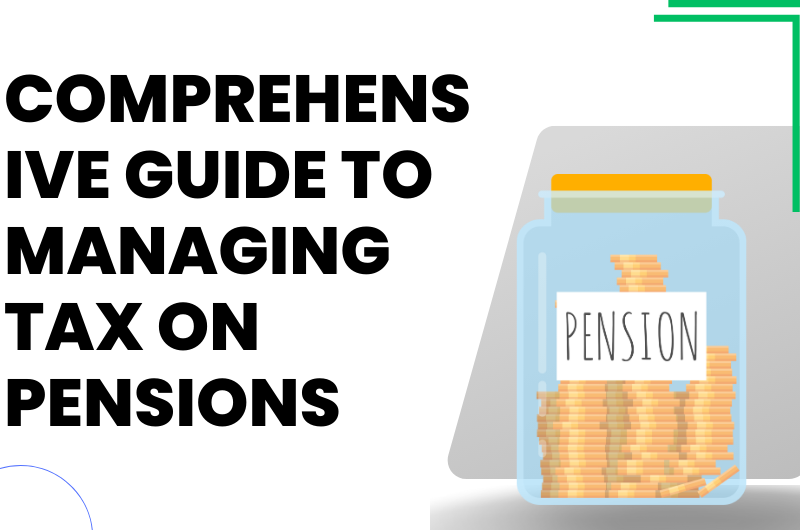In this comprehensive guide, we will delve into the intricacies of managing tax on pensions in the United Kingdom. Our goal is to provide you with detailed information and insights to help you navigate the complex world of pension taxation with confidence. As we explore the nuances of pension tax, you’ll gain a clear understanding of the rules and regulations governing your pension, enabling you to make informed financial decisions and secure your financial future.
Understanding the Basics of Pension Taxation
State Pension
The State Pension is a fundamental aspect of pension income in the UK. It’s crucial to know that it is subject to taxation. We’ll explore how your State Pension is taxed and what allowances you can benefit from.
Occupational and Personal Pensions
Occupational and personal pensions are a significant source of retirement income. Understanding how these pensions are taxed is vital for efficient financial planning. We’ll cover topics like the Annual Allowance and Lifetime Allowance in detail.
Tax Relief on Pension Contributions
To encourage saving for retirement, the UK government provides tax relief on pension contributions. We’ll discuss how tax relief works, the different types of pensions eligible for relief, and the annual allowance limits.
Managing Tax on Pension Withdrawals
Tax-Free Cash
One of the key benefits of a pension is the tax-free cash lump sum you can withdraw. We’ll explain the rules and limits for tax-free cash and how to make the most of this benefit.
Taxation on Drawdown
Drawing down your pension involves taking income in retirement. We’ll cover the tax implications of pension drawdown, including the Pay As You Earn (PAYE) system and your tax code.
Inheritance Tax and Pensions
Pensions can also play a role in inheritance tax planning. We’ll explore the considerations and strategies for minimizing inheritance tax through your pension.
Pension Taxation for Expatriates
If you’re a UK expatriate or non-resident, pension taxation can be more complex. We’ll provide insights into how your pension income is taxed when living abroad.
Reporting and Compliance
Compliance with HM Revenue & Customs (HMRC) rules is essential to avoid penalties. We’ll guide you through the reporting requirements and the importance of staying up-to-date with HMRC regulations.
HOW MUCH TAX WILL I PAY ON MY STATE PENSION?
At the moment, the state income is considered taxable income. Any tax you have to pay on it will depend on how much other income you have that is taxed.
The personal tax limit for 2020/21 is £12,500. If your state pension is more than that, and you don’t have any other income, HMRC will take the tax from you in one lump sum in another way. The Simple Assessment (PA302 estimate) will be sent to you. You will need to make sure the numbers are right and pay by January 31, 2020. If you don’t agree with the numbers, you need to contact HMRC right away because interest will be added to your account after the due date.
Since there is no way to deduct tax that is due at source, people who get an occupational pension have their personal tax limit cut by the amount of their state pension. This means that the tax that is due on both sources is taken out of the occupational pension.
The GOV.uk website has more information about pension tax at https://www.gov.uk/tax-on-pension.
Conclusion
Managing tax on pensions is a critical aspect of financial planning for retirement. With this detailed guide, we aim to provide you with a comprehensive understanding of pension taxation in the UK. By applying this knowledge effectively, you can optimize your pension income and ensure a financially secure retirement.


